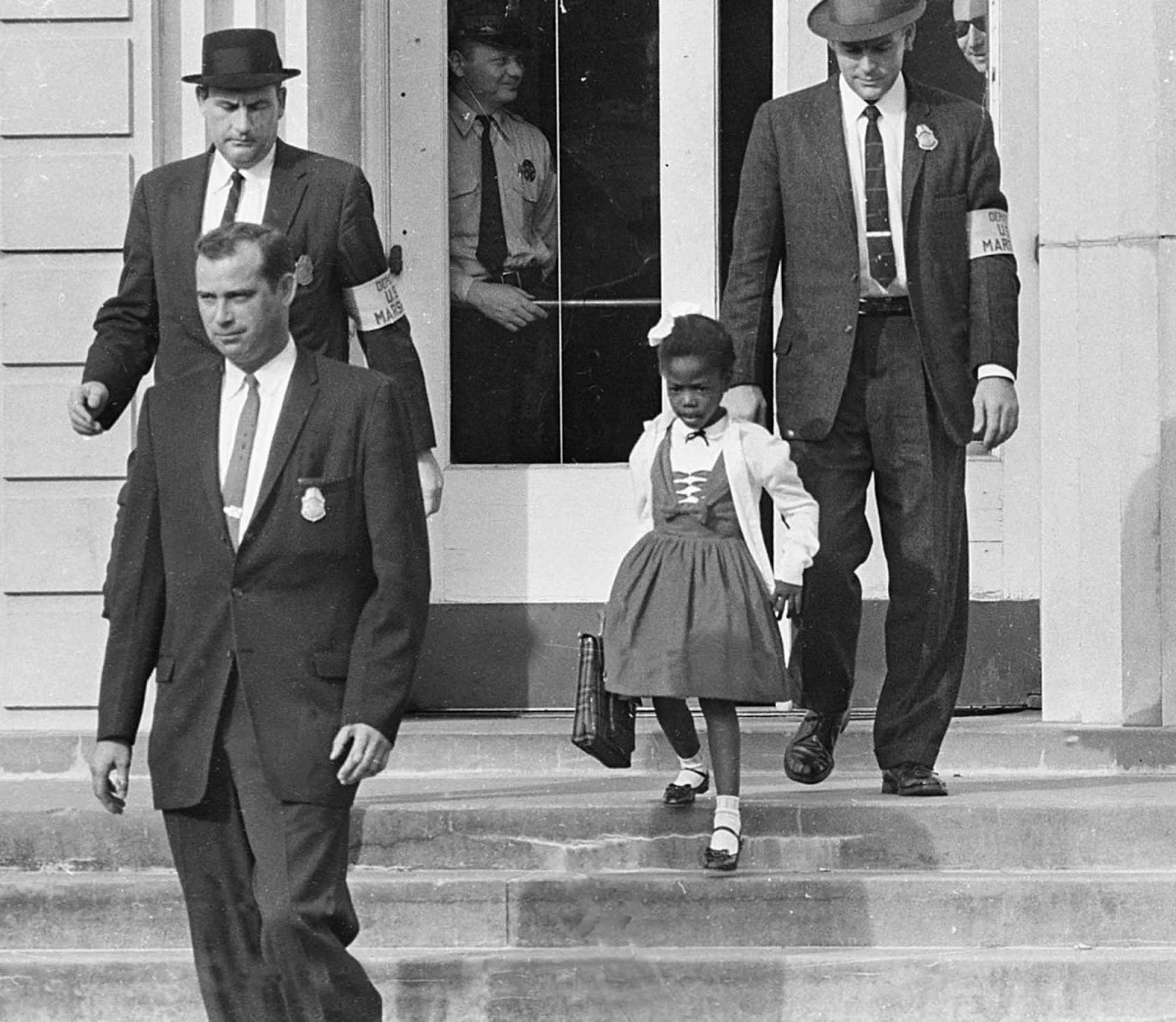One Woman's Fight against Lynching: Ida B. Wells, American hero
Black History Month continues. Yes, it just started--not even a week old—but there is no time to lose. We want to enjoy every day of this month. And learn as much as possible. Without further ado, let’s begin with a fascinating and often-overlooked, but courageous, African American woman: Ida B. Wells
We will follow our Black History Month Model:
Remember. Study. Celebrate
Remember: Ida B. Wells (1862 - 1931)
If this work can contribute in any way toward proving this, and at the same time arouse the conscience of the American people to a demand for justice to every citizen, and punishment by law for the lawless, I shall feel I have done my race a service. ~ Ida B. Wells (Courtesy of GoodQuotes.com)
How many people today are familiar with this bold and brassy woman? Not many. But we should remember her because of her great work for the African American community and the fight for justice. She was also a great role model and activist for women.
Ms. Wells (later, Wells-Barnett) was a teacher, investigative journalist, and civil rights activist. She founded a newspaper that focused on violations against African Americans, particularly documenting the rising incidents of lynching.
In 1892, she published the controversial and revealing pamphlet, Southern Horrors: Lynching Law in all its Phases. This controversial and revealing pamphlet detailed the incidents of lynching in the southern U.S. states and how it was used to punish the economic empowerment of African Americans. It was well received by many civil rights activists and served as one foundation for the civil rights movement.
Ms. Wells took many bold steps against injustice. In 1884, she refused to give up her seat in the colored section of a Mississippi train. (Yes, this was 70 years before Rosa Parks!) Authorities physically dragged her off the train. She sued the company for discrimination and won $500 though the decision was reversed on appeal. However, this was the first lawsuit of this type won by an African American. She also collaborated with Frederick Douglass and others to boycott the 1893 World’s Fair in Chicago because it failed to show exhibits by or about African Americans.
On the “early feminist” side, she was also the first woman to hyphenate her name after getting married. She even named one of her four children, Ida, Jr.!
Finally, she founded the National Association of Colored Women, the National Association for the Advancement of Colored People, and the National Afro-American Council (an anti-lynching organization).
Ida B. Wells was an African American woman who was not afraid to fight against injustice against African Americans, to fight for women’s rights, and to decide her own future.
Study:
Now is the time to read about Ida B. Wells. There is no better place to start than with The Crusade for Justice: The Autobiography of Ida B. Wells published in 1991. This is a fascinating book that reads easily and inspires.
Another great book to read is the Southern Horrors: Lynching in all its Phases pamphlet. This pamphlet provides insight into the incidents of lynching against which Ida B. Wells fought. However, it also shows the disgraceful reasons underlying the acts of lynching. It is an important part of history that needs to be told. And it will show the intelligence and courage of Ida B. Wells.
If you prefer to watch a DVD, buy The Black Experience Human Rights Crusaders 2: Ida B. Wells and Fannie Lou Hamer. This is an excellent DVD (2-pack) about Ida B. Wells with the extra benefit of learning about the civil rights activist in Mississippi, Fannie Lou Hamer.
Celebrate:
There are so many ways to celebrate Black History Month! I know that Ida B. Wells (later Wells-Barnett) was a serious and focused woman but everyone needs to time to celebrate one’s culture and heritage. I think that she would approve of a celebration that involved African culture because it helped to cherish our “roots” from the Motherland.
Find a good dance troupe in your area. Or many people enjoy a musical event, like drummers. And, of course, African food is quite amazing.
Here are a few food suggestions:
Groundnut stew (Ghana, Uganda). Groundnuts are peanuts (so, please avoid if there is a peanut allergy!) This is a wonderful, satisfying and aromatic stew that makes many people exclaim with delight. It is easy to find a recipe online but be sure to use pure peanut butter for the best taste.
Jollof Rice (Gambia). This is a type of West African paella, using tomato as a base rather than saffron. You can use any type of meat or make it vegetarian. It is a great buffet dish that grows more flavorful with each passing day—if it is not eaten on the first day!
Yassa (Senegal). When you want to show honor for a special guest, Yassa is the perfect dish. It is a great chicken and rice dish that is served in a very large bowl. There are interesting rituals and rules for eating Yassa, like sitting on the floor in a circle with the bowl in the middle and eating only with the right hand. Be sure to find the recipe and the serving and eating rituals on the Internet. It is a wonderful celebration meal from Senegal and an excellent opportunity to introduce, honor and celebrate African culture at home.
Make these dishes on the weekend so that you can take the time to make, serve, and enjoy them. Invite your extended family and friends. And let the celebration begin!








